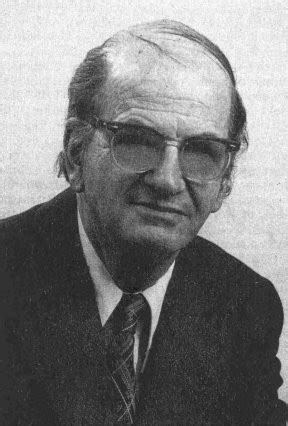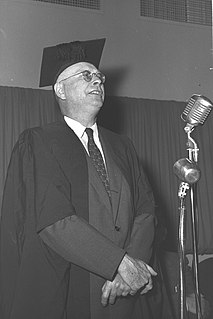A Quote by Alfred North Whitehead
The total absence of humor from the Bible is one of the most singular things in all literature.
Related Quotes
The Bible is full of interest. It has noble poetry in it; and some clever fables; and some blood-drenched history; and some good morals; and a wealth of obscenity; and upwards of a thousand lies. This Bible is built mainly out of fragments of older Bibles that had their day and crumbled to ruin. So it noticeably lacks in originality, necessarily. Its three or four most imposing and impressive events all happened in earlier Bibles; there are only two new things in it: hell, for one, and that singular heaven I have told you about.
If you can imagine the story of the world as a giant movie, to not have some understanding of the Bible - its story, its history, and its impact - would be like watching a great movie and removing part of the plot. It can't be done. The real truth is that everyone regardless of faith tradition benefits from knowing and understanding these aspects of the Bible. It enhances one's knowledge of literature, science, art etc. It's difficult to read any classic work of literature for instance and not see biblical allusions.
We got through all of Genesis and part of Exodus before I left. One of the main things I learned from this exercise was not to begin a sentence with "And." When I pointed out that most sentences in the Bible began with "And," I was told that English had changed since the time of King James. In that case, I argued, why make us read the Bible? But it was in vain. Robert Graves at that time was very keen on the symbolism and mysticism in the Bible.








































